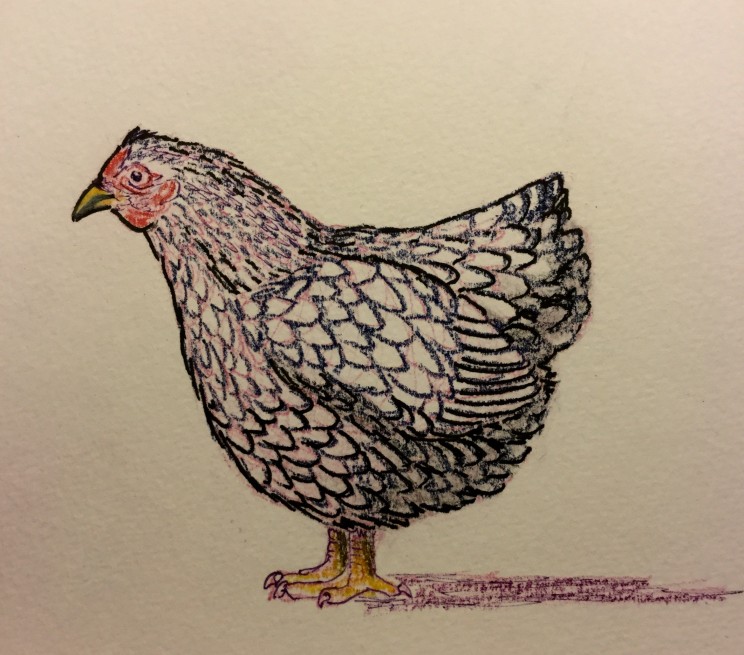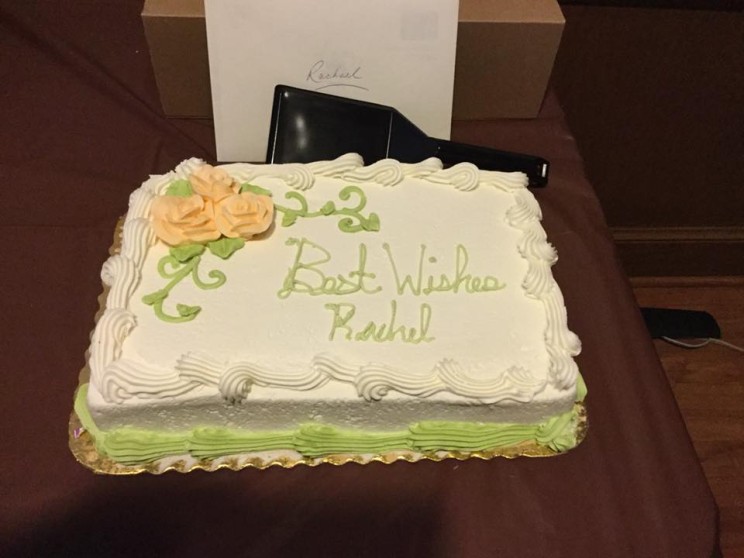We Can Code IT is officially over, except for the part that isn’t: The career fair, and the actual receiving of the certificate.
So the job search has begun. In addition to preparing for the career fair, where you can do a large amount of job searching at the same time.
I had my first interview today. It was hard, and I learned a lot through it:
- You will be asked questions that you can’t answer off the top of your head. Â This is OK. They want to see you work through the problem.
- If a recruiter tells you the kind of typical questions, be prepared to answer them. My recruiter was spot on with the questions that were asked. Additional searches online for typical interview questions was also helpful.
- The interviewer is on your side. They are not trying to make you fail. Even if you are fumbling around and not knowing something, they want to watch you figure it out, instead of freeze up and die.
For what it’s worth, no amount of reading stuff online is really the same as sitting in front of an interviewer. Â Neither is any amount of reading stuff online the same as actually coding and solving problems. So make sure to keep your skills sharp, and do a power pose before the interview!



